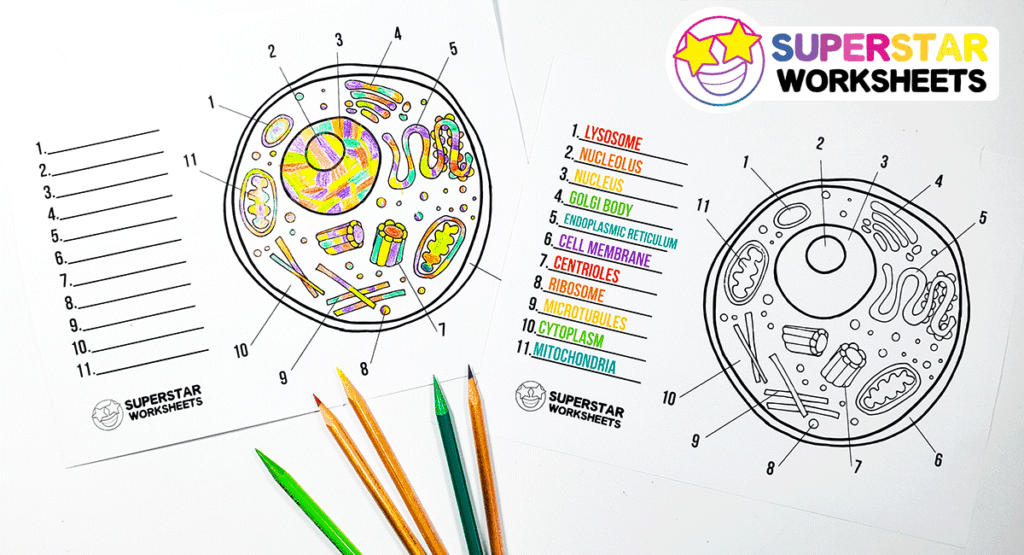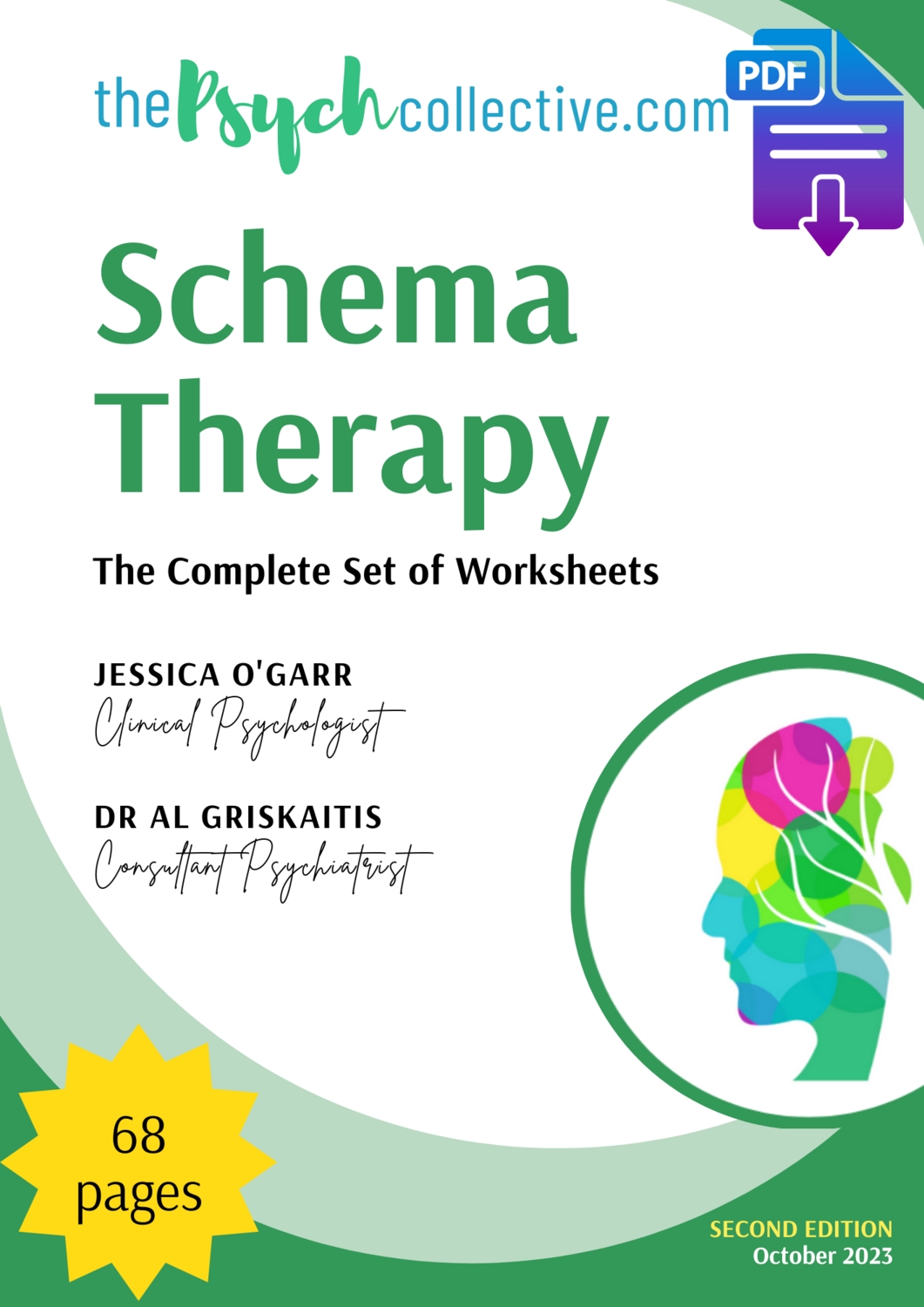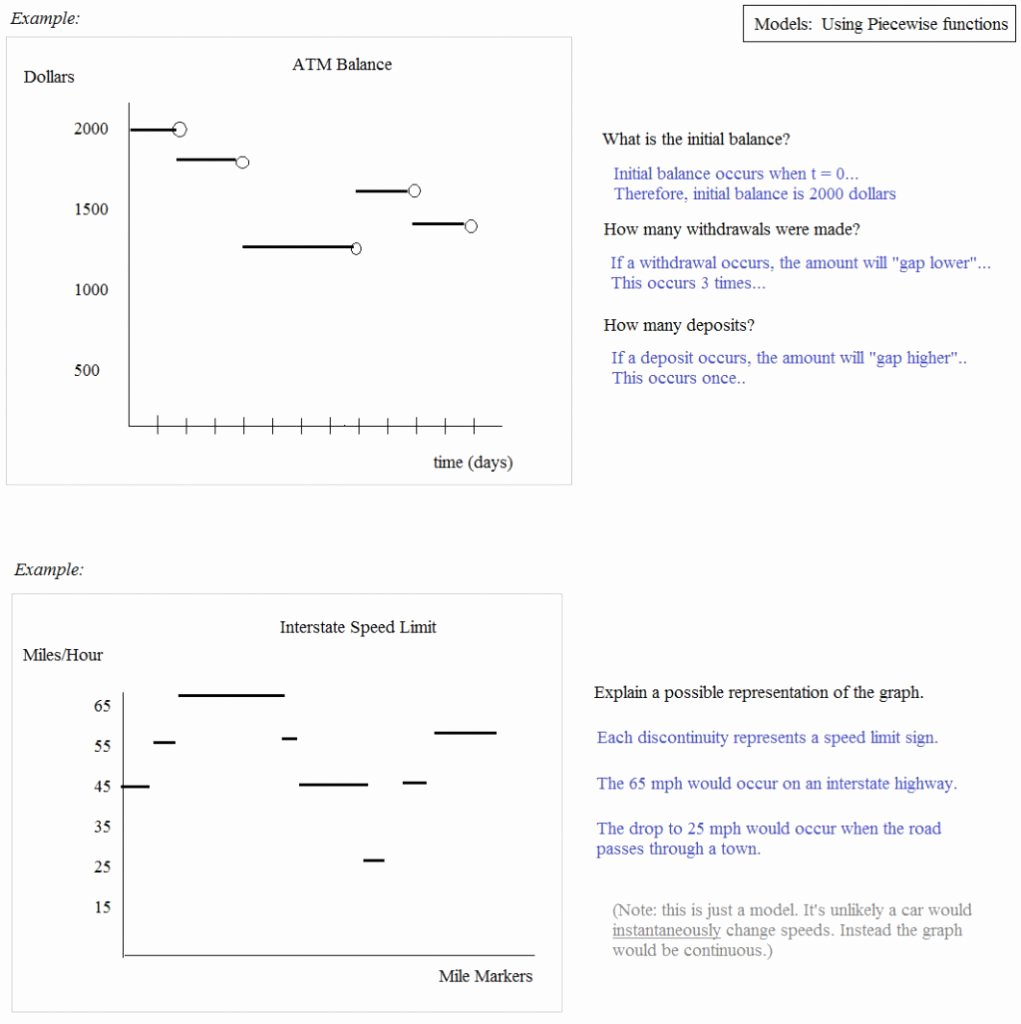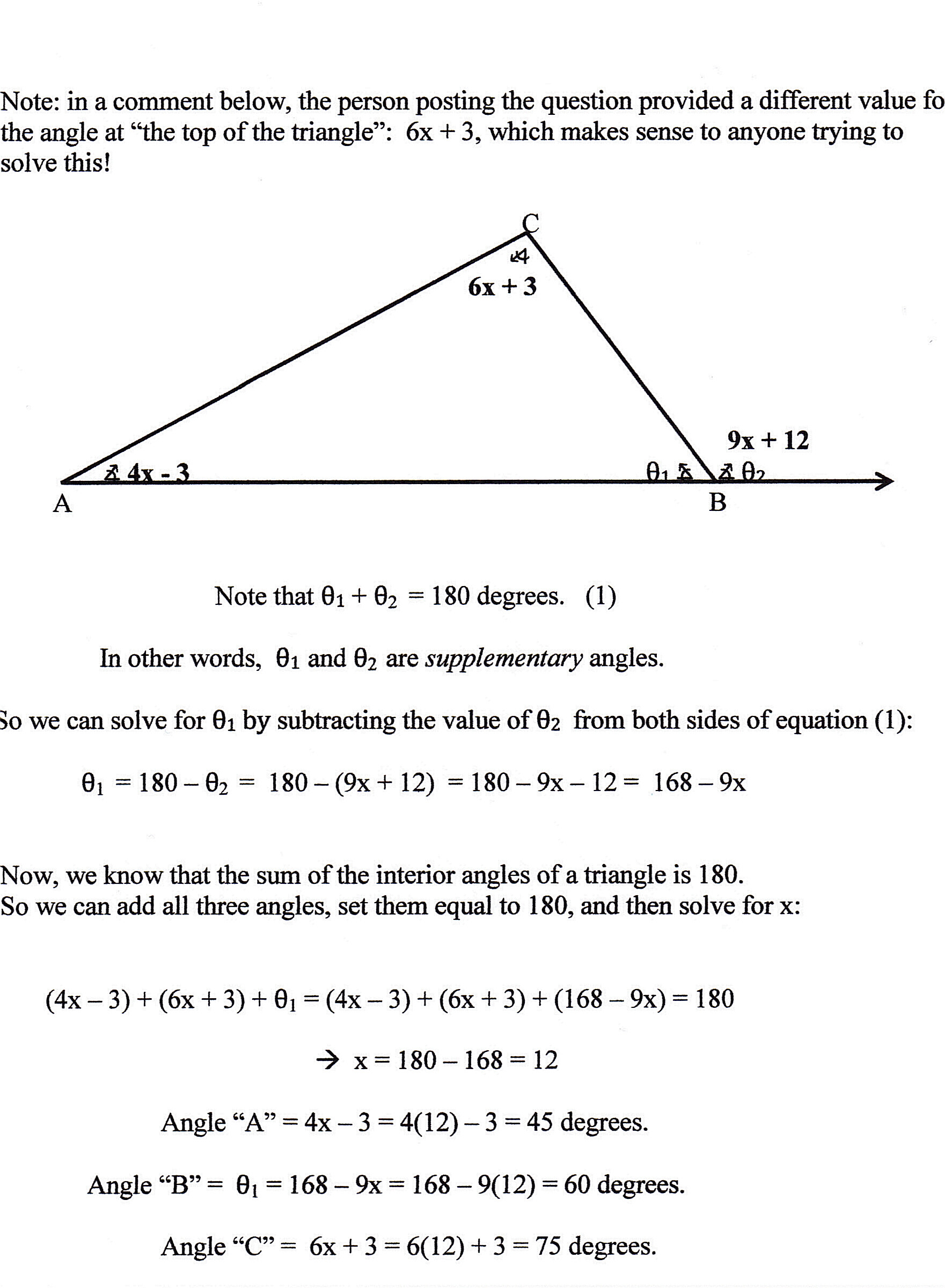5 Ways to Master Proper Nouns
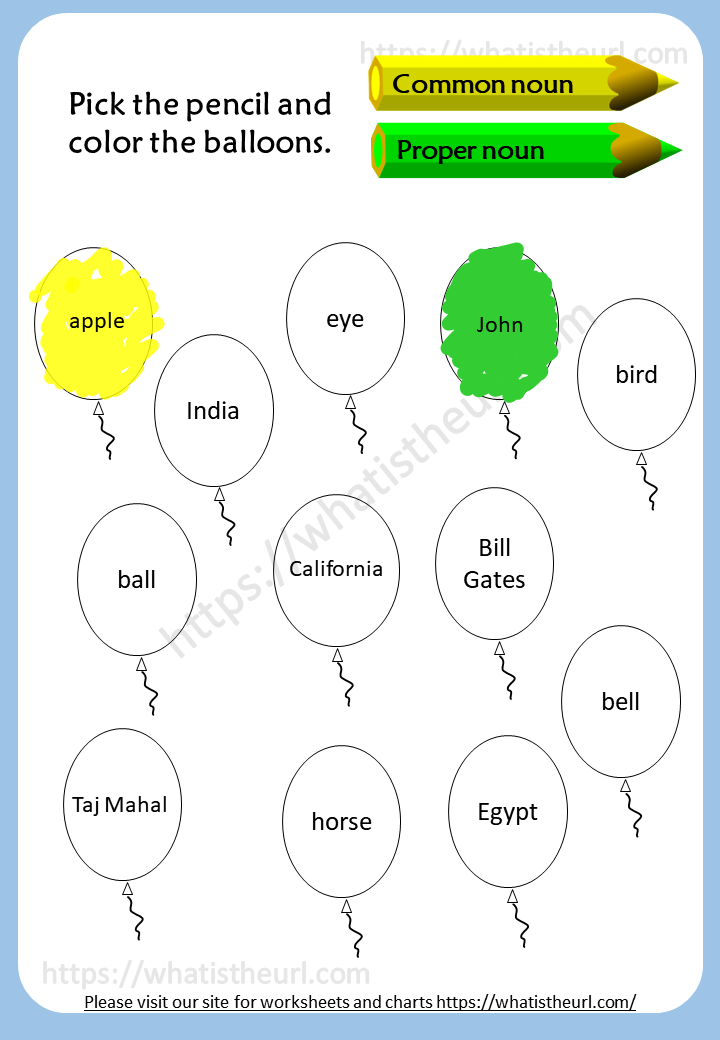
Mastering proper nouns is an essential aspect of language learning, as it helps to convey specific, unique entities such as names of people, places, organizations, and titles. Proper nouns are always capitalized in English to distinguish them from common nouns, which refer to general categories of things. In this article, we will explore five ways to master proper nouns, enabling you to communicate more accurately and effectively.
1. Understand the Definition and Examples of Proper Nouns
Proper nouns are names given to unique entities, such as:
- Names of people (e.g., John, Sarah)
- Names of places (e.g., London, New York)
- Names of organizations (e.g., Google, NASA)
- Names of titles (e.g., Mr., Dr., President)
- Names of events (e.g., World Cup, Olympics)
- Names of holidays (e.g., Christmas, Thanksgiving)
It is essential to recognize and remember the different types of proper nouns to use them correctly in sentences.
2. Learn the Capitalization Rules for Proper Nouns
In English, proper nouns are always capitalized to distinguish them from common nouns. Here are some capitalization rules to keep in mind:
- Capitalize the first letter of proper nouns (e.g., John, London)
- Capitalize titles before names (e.g., Mr. Smith, Dr. Lee)
- Capitalize names of organizations and companies (e.g., Google, Facebook)
- Capitalize names of events and holidays (e.g., World Cup, Christmas)
By following these capitalization rules, you can ensure that your writing is accurate and professional.
3. Practice Using Proper Nouns in Sentences
Practice makes perfect! Try using proper nouns in sentences to become more comfortable with their usage. Here are a few examples:
- “I’m going to meet my friend John at the park.”
- “The company is located in New York, USA.”
- “The President will be attending the meeting.”
Start by creating your own sentences using proper nouns, and then try to identify and correct errors in sentences.
4. Learn about Cultural and Regional Variations
Proper nouns can vary across cultures and regions. For example:
- Names of people may have different spellings or pronunciations in different countries.
- Names of places may be translated differently in different languages.
- Names of holidays and events may be celebrated on different dates or in different ways.
Being aware of these variations can help you communicate more effectively with people from diverse backgrounds.
5. Use Flashcards and Quizzes to Reinforce Learning
Flashcards and quizzes can be excellent tools for reinforcing learning and memorizing proper nouns. Try creating flashcards with the proper noun on one side and the definition or example sentence on the other. You can also use online quizzes and games to test your knowledge and identify areas for improvement.
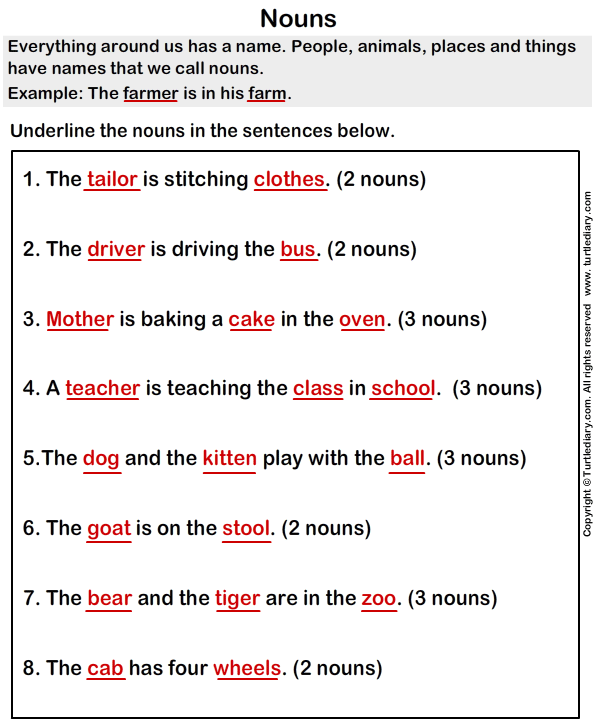
| Proper Noun | Definition/Example Sentence |
|---|---|
| John | A common male given name |
| London | The capital city of England |
| A multinational technology company |
💡 Note: Create flashcards with a mix of easy and challenging proper nouns to keep your learning engaging and fun.
By following these five ways to master proper nouns, you can improve your language skills and communicate more accurately and effectively. Remember to practice regularly and review the capitalization rules and cultural variations to become a proficient user of proper nouns.
The key to mastering proper nouns is consistent practice and review. By incorporating these tips into your language learning routine, you can develop a strong foundation in using proper nouns correctly and confidently.
What is the main difference between common nouns and proper nouns?
+Proper nouns refer to unique entities, such as names of people, places, and organizations, while common nouns refer to general categories of things.
Why is capitalization important for proper nouns?
+Capitalization helps to distinguish proper nouns from common nouns and shows respect for the unique entity being referred to.
How can I improve my knowledge of proper nouns?
+You can improve your knowledge of proper nouns by reading books, articles, and online resources, as well as by practicing with flashcards and quizzes.
Related Terms:
- Noun questions and answers PDF
- Common and proper nouns
- Noun Worksheet
- Worksheet countable and uncountable noun
- Noun test
- Noun exercise pdf
